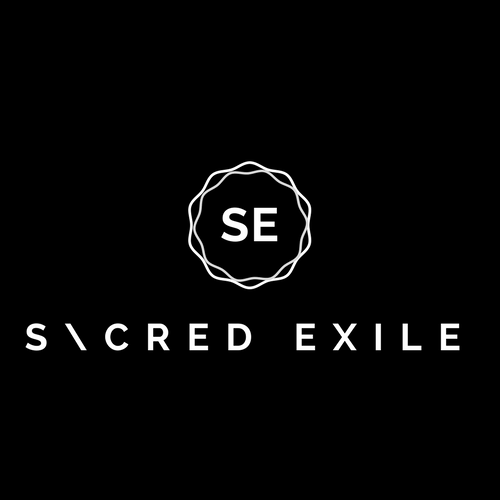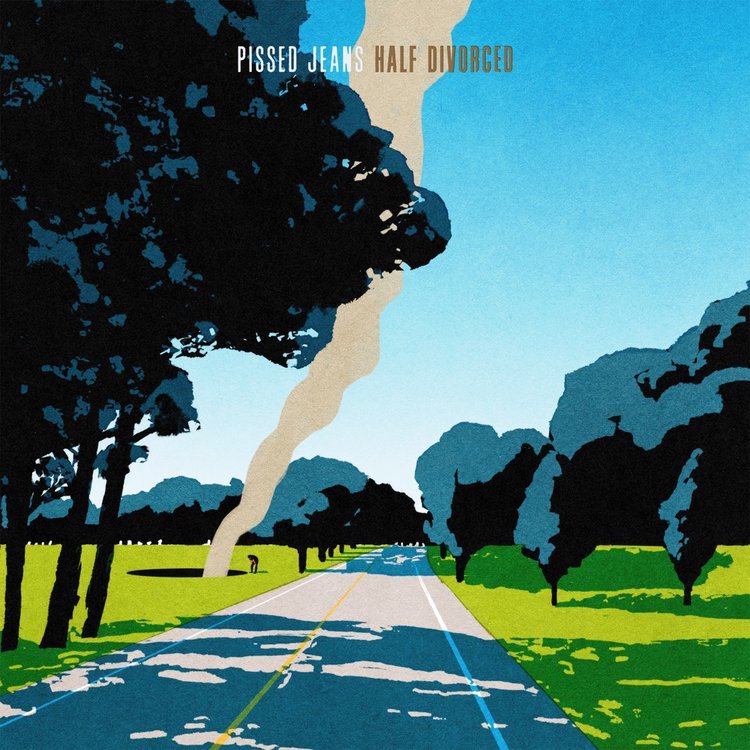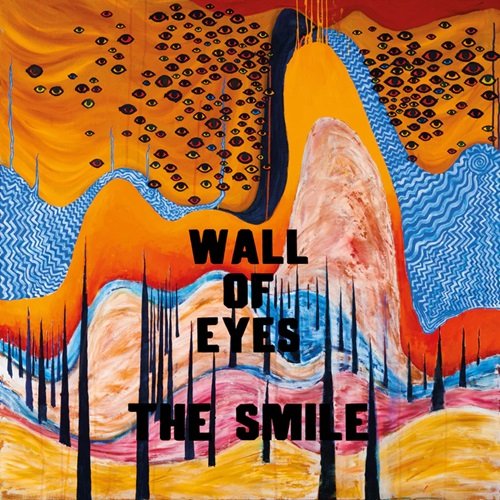Moderat - MORE D4TA
Moderat
MORE D4TA
By: Abigail Vettese
In a world where information is abundant, and there is always more data to be obtained, MORE D4TA intentionally takes time to unfold.
Moderat, the collaborative electronic project birthed by Berlin natives Sascha Ring (Apparat), Gernot Bronsert, and Sebastian Szary (Modeselektor), is back with MORE D4TA after an extended timeout.
Following nearly six years of radio silence, the supergroup has released their fourth album, a ten-track anagram for MODERAT4. The trio reunites to reflect on the widespread "isolation and information overload" exacerbated in recent years.
MORE D4TA was inspired not only by the global pandemic and its impact on art, mental health, technology, and identity - but was also informed by Ring's time spent unplugged, gazing at paintings in the Gemäldegalerie museum in his hometown of Berlin.
The album takes listeners on a journey of familiar yet standout soundscapes, featuring hard-hitters like “Easy Prey”, “Undo Redo”, and “More Love”.
Photo Cred: Flavien Prioreau
“Fast Land”, the album's instrumental opener, captivates us with the slow build of tessellating, gritty synths as it finds an opening into the lush yet intense soundscapes that carry us through the tracks which follow. “Fast Land” moves to the heartbeat of “Teardrop” by Massive Attack while speaking to the unique and intentional flavor that is Moderat.
The music video for "Fast Land" is the perfect place to dissect the significance of MORE D4TA. Neural networks and social networks are juxtapositioned - the organic circuitry of forests contradicts and mimics the webs we weave in the form of online personas.
Throughout MORE D4TA, Ring's lyrics allude to a world so consumed and blinded by the dense fog of information, content, and uncertainty that we can hardly distinguish ourselves from the world around us. How can we see a future when there is so much unknown?
"All that's left had turned to dust
A crystal ball, but all I saw was glass."
From “Undo Redo”
The moralistic implications of our obsession with tech and its influence on politics, self-awareness, and the consequences of behavior are all apparent and omnipresent themes.
A nod to their album title in a literal sense, we are invited into an intriguing and pertinent dialogue. We become robotic, lifeless, and faceless at the expense of ever-advancing technology.
Complimenting “Ghostmother”, the Radiohead-influenced hard hitter off Moderat's album, III - “Easy Prey” is a visitation to a time before, reflecting on the creative output that came before isolation filled the day to day and disconnect. Ring is calling to a time long ago, and his vocals on this track are of the same flavor as his homage to “Pyramid Song.”
Emotive and intense, the album sends us off with “Copy Copy”, perhaps contemplating a painting from one of Berlin's museums or meditating on the feeling of being trapped during quarantine.
As MORE D4TA reaches its abrupt close Ring repeats:
"In a glass cage,
in a glass cage."
MORE D4TA finds its identity in ethereal pop vocals, both nostalgic and brand new. Moderat successfully crafts a sonic experience coalescing organic sensory input and heavy electronic reflections.
Multiple listens will bring the listener closer to the significance of the record. In a world where information is abundant, and there is always more data to be obtained, MORE D4TA intentionally takes time to unfold.
It does not contain the instant gratification of some electronic music; in fact, it begs to be revisited, studied, and digested. This collection of work deserves numerous replays, as it evolves with each visit.












